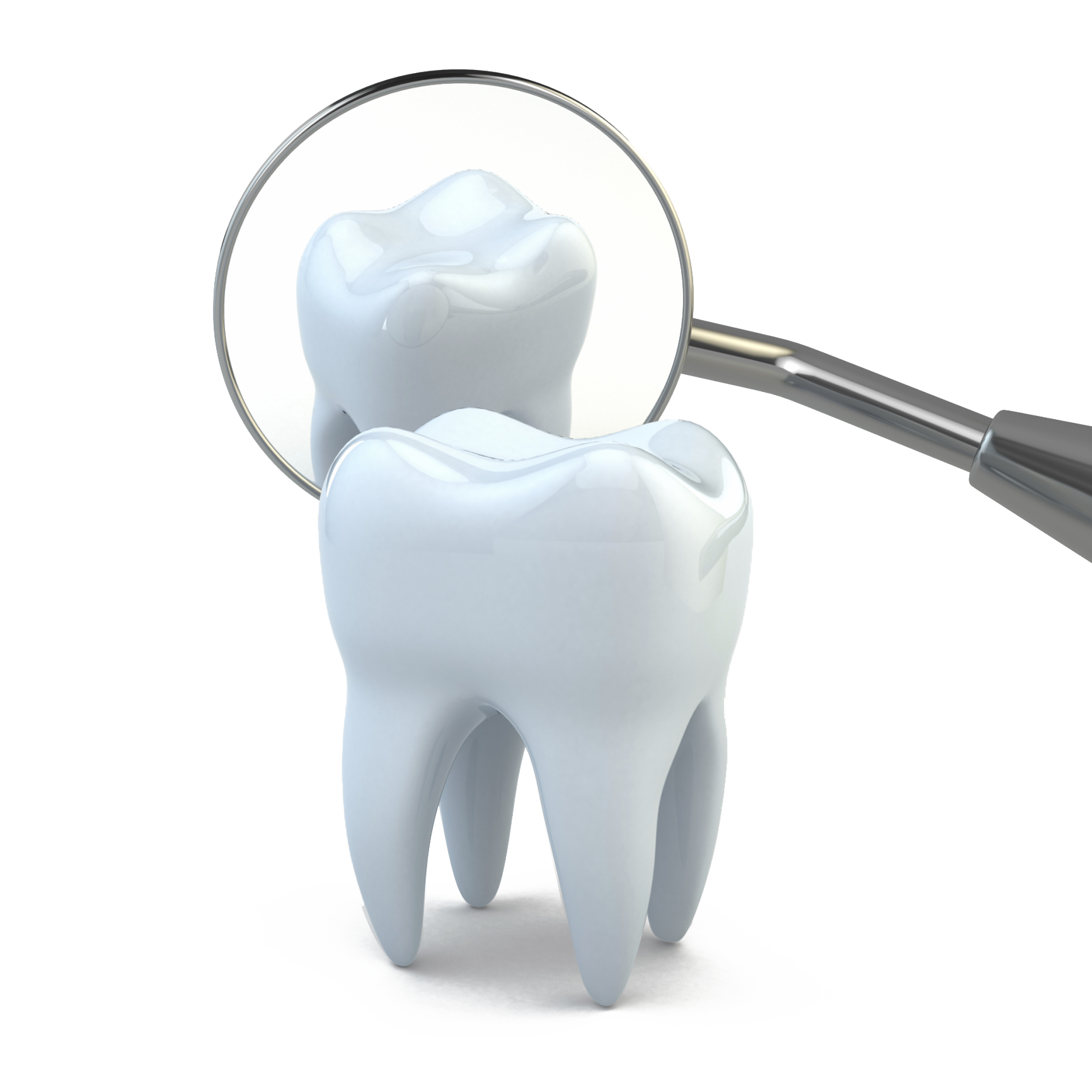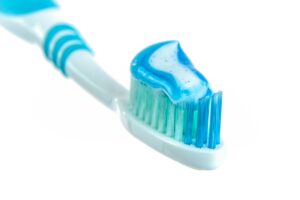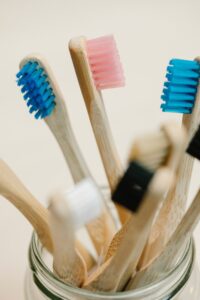
Introduction
Good oral hygiene is pivotal to not only maintaining a healthy mouth and teeth but also contributes to overall health. Tailored dental cleaning or strategic oral health care is an approach that considers an individual’s age, habits, lifestyle, and oral health history to create a personalized dental cleaning routine. Age-specific dental hygiene is critical due to the different risks, developments, and needs associated with each phase of life. This article will provide a comprehensive overview of oral hygiene recommendations for each age group – from infants to the elderly.
Pediatric-friendly Dental Cleaning Plans (Ages 0-12)
Maintaining oral health begins at birth. Age-appropriate dental care is essential for children to promote the growth of healthy adult teeth and establish lifelong dental hygiene habits.
Oral Care Tips for Infants (0-24 months)
- Begin your baby’s dental care routine even before the first tooth appears. This includes cleaning the gums with a soft cloth after feeding.
- Once the first tooth emerges, introduce a toothbrush and fluoride toothpaste, brushing twice a day to prevent early childhood cavities.
Establishing Oral Hygiene Habits in Toddlers and Pre-schoolers (2-5 years)
- This is a crucial stage for children to learn how to brush and floss independently.
- Parents should supervise teeth brushing to ensure the appropriate amount of toothpaste is used and that brushing is thorough.
- Regular dental check-ups are vital from this stage onward to monitor any potential tooth decay and apply fluoride varnish if necessary.
Promoting Dental Health in School-Age Children (6-12 years)
In the dynamic phase of losing baby teeth and the emergence of adult teeth, ensuring good oral hygiene becomes paramount for school-age children (6-12 years old).
- During this exciting period of tooth transitions, instilling and reinforcing proper oral hygiene practices is fundamental. Encouraging children to brush their teeth twice a day with fluoride toothpaste and emphasizing the importance of regular flossing establishes a strong foundation for lifelong dental health.
- Dental sealants emerge as an effective preventive measure during this age range. These thin, protective coatings are applied to the chewing surfaces of molars, helping to shield them from decay. As molars are particularly susceptible to cavities due to their grooves and crevices, sealants act as a barrier, preventing food particles and bacteria from settling in these areas.
Dental Cleaning Recommendations for Teenagers (13-19)
Adolescence is a time of significant change, and oral health is no exception. Staying on top of dental hygiene during this stage is pivotal for dental health in adulthood.
- Adolescents should be encouraged to take personal responsibility for their oral health. Emphasizing the importance of regular brushing (at least twice a day) and consistent flossing helps in preventing plaque build-up, cavities, and gum issues.
- A balanced diet plays a pivotal role in oral health. Encouraging teenagers to consume a diet low in sugary foods and drinks helps in preventing tooth decay and maintaining overall oral health. Limiting the intake of sugary snacks and opting for healthier alternatives contributes to the well-being of their teeth and gums.
Handling Orthodontic Needs
- Teenagers with braces or retainers require extra care in their oral hygiene routine. Cleaning around brackets, wires, and in hidden spots where food and bacteria can accumulate is crucial. Using specialized orthodontic brushes, floss threaders, and fluoride mouthwash can aid in maintaining optimal oral health during orthodontic treatment.
Wisdom Teeth and Oral Screenings
- Regular oral screenings during the teenage years are critical for monitoring the progress of wisdom teeth. These screenings also serve as a proactive measure to detect any potential oral diseases early on. Dentists can assess the development and eruption of wisdom teeth, providing guidance on whether they need to be monitored, extracted, or if they are erupting properly.
Optimal Oral Hygiene for Adults (20-65)
As adults, maintaining consistent oral hygiene practices, ensuring periodontal health, and considering dental aesthetics are crucial aspects of oral health.
Maintaining Consistent Oral Hygiene Practices
- Brushing twice a day with fluoride toothpaste, regular flossing, and use of an antiseptic mouth rinse can keep most oral health problems at bay.
Periodontal Health and Gum Disease Prevention - Regular dental cleanings and screenings secure early detection and treatment of gum diseases.
- Home care including interdental cleaning, use of mouth rinse, and healthier dietary choices play a significant role in this battle.
Adult Orthodontics and Cosmetic Dentistry
- For many adults, orthodontic treatments and cosmetic dentistry such as teeth whitening, veneers, and implants, contribute to improved aesthetics thereby boosting confidence and overall well-being.
The Golden Years: Dental Care for Seniors (65+)
With advancing years, some dental problems become more common. Yet, with extra care and regular check-ups, these can be tackled effectively.
Handling Age-Related Dental Problems
Common Issues for Senior Citizens:
Senior citizens often face common dental issues such as dry mouth, tooth decay, and gum disease. Increasing fluid intake, practicing regular brushing with fluoride toothpaste, and consistent flossing can significantly help manage these challenges. Regular dental check-ups are essential for early detection and addressing age-related dental concerns.
Dental Care for Dentures, Implants, and Bridges:
Proper Cleaning and Maintenance:
For individuals with dentures, implants, or bridges, proper cleaning and maintenance practices are crucial. This includes regular cleaning of dentures, thorough brushing around implants, and using specialized tools for cleaning beneath bridges. Regular dental check-ups help monitor the condition of these dental replacements, ensuring they fit well and identifying any potential issues early on. This proactive approach is vital for preventing gum diseases and maintaining overall oral health.
Keeping up with Regular Check-Ups
- Regular dental visits should be continued, as elderly folks face a higher risk of oral cancer.
- Additionally, growing research shows that oral health is linked to general health – especially concerning diseases such as diabetes and heart disease.
VI. Conclusion
Oral health should not be overlooked at any life stage. Implementing age-specific dental hygiene routines contributes to one’s general health and well-being, and aids in early detection and prevention of dental issues. Whether you are a parent nurturing an infant, a teenager with braces, an adult maintaining your smile, or a senior citizen adapting to dentures – remember, a bright, healthy smile never goes out of style. Take charge of your oral health today and enjoy the benefits for a lifetime.
Our Reading dental clinic is committed to providing you with a beautiful smile every time you visit us. Whether you need dental cleanings or any other dental services, our team of highly trained dentists is here to provide you with the highest quality care. Our aim at Smiles in Reading is to give you a smile that is both comfortable and respectful. With online appointment scheduling, you can now receive dental care of the highest quality. Our dental professionals are here to help you enhance your smile and teeth.


